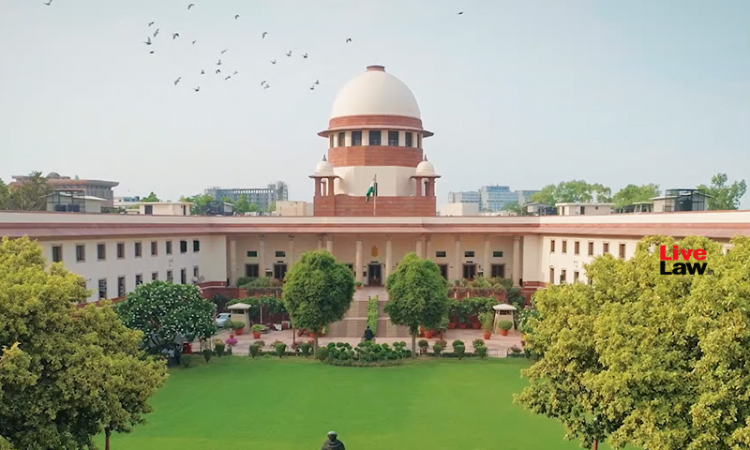Supreme Court Upholds A Citizen's Right To Challenge A Constitutional Amendment Affecting States' Power
Ashok Kini
21 July 2021 1:49 PM IST

Next Story
21 July 2021 1:49 PM IST
When a citizen of India challenges a constitutional amendment as being procedurally infirm, it is the duty of the court to examine such challenge on merits." , the Supreme Court observed while answering the Centre's submission that there is no challenge against Constitution 97th Amendment by States.The bench comprising Justices RF Nariman, KM Joseph and BR Gavai observed that the Constitution...
